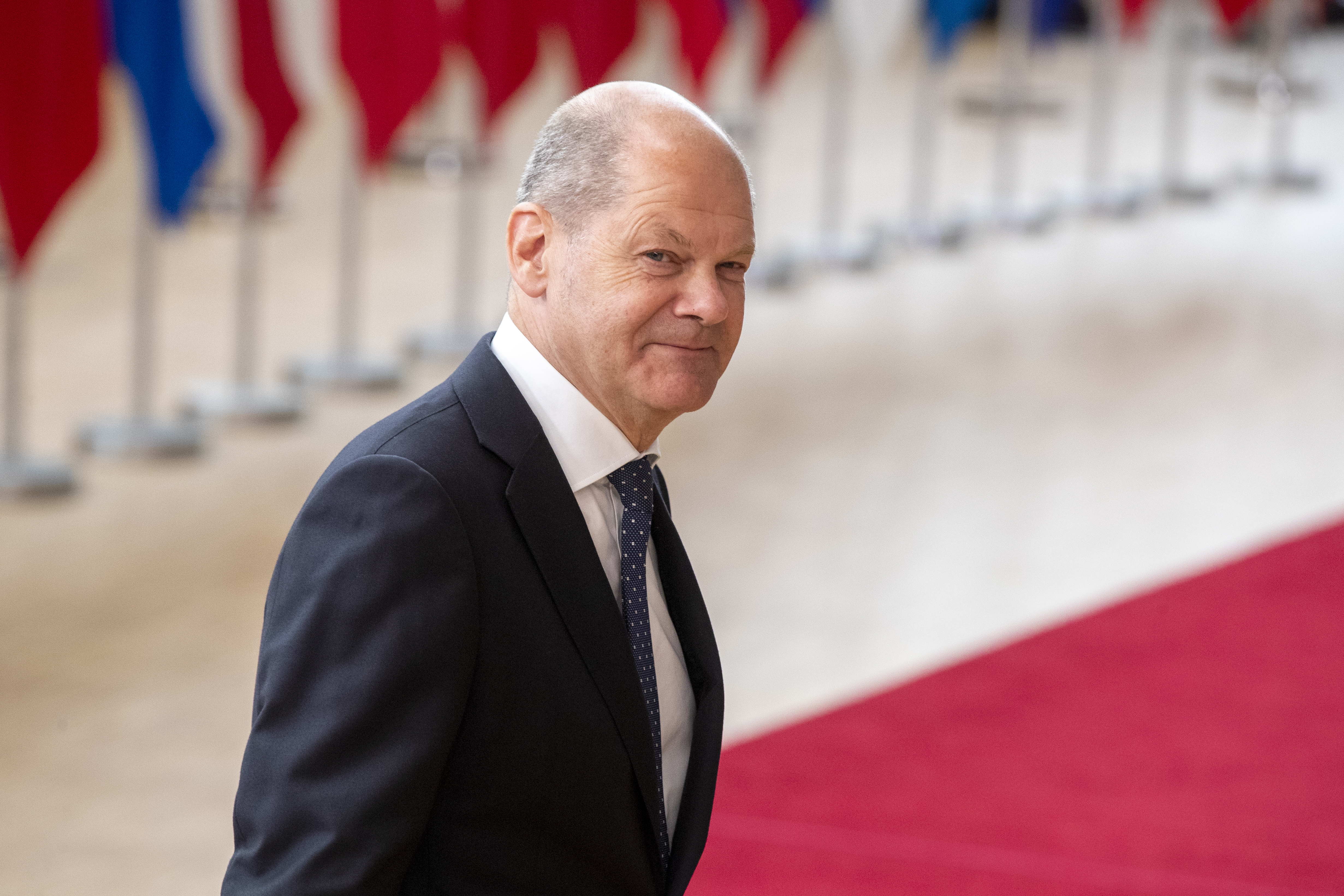Visit of German chancellor Scholz to China draws criticism

German chancellor Olaf Scholz spoke with Xi Jinping on Friday during a visit to Beijing. The 11-hour-long visit - due to stringent COVID-19 measures in China - comes two weeks after President Xi's re-election as leader of the Chinese Communist Party. Scholz said he wants to further develop economic cooperation.
"We are meeting at a time of great tension, particularly caused by the war in Ukraine," the chancellor stressed. Both countries agreed that the use of a nuclear weapon is "unacceptable". Scholz also warned China against retaking Taiwan and reminded the country of universal human rights.
The timing of the visit has drawn criticism from some experts. “I would argue that after the Communist Party congress, it’s not up to the EU to rush to visit China, but it should be the other way," said Sven Biscop, director of the Brussels-based think tank Egmont Institute.
Biscop also disapproves of the state-owned China Ocean Shipping Co. being allowed to purchase a stake in a container terminal in Hamburg. “You can only continue to have this deep economic relationship with China if you build in safeguards, and the Hamburg deal is going exactly the opposite way," he said. "Not doing stuff like Hamburg is actually a precondition for continuing the relationship with China”
Ahead of his trip, Scholz announced a change of course towards China. He pointed out that the Germans' major trading partner is putting more emphasis on national unity and strengthening the communist system. "It is clear that if China changes, the way we deal with China must also change," he said to the Frankfurter Zeitung.
(TOM)
© BELGA PHOTO NICOLAS MAETERLINCK